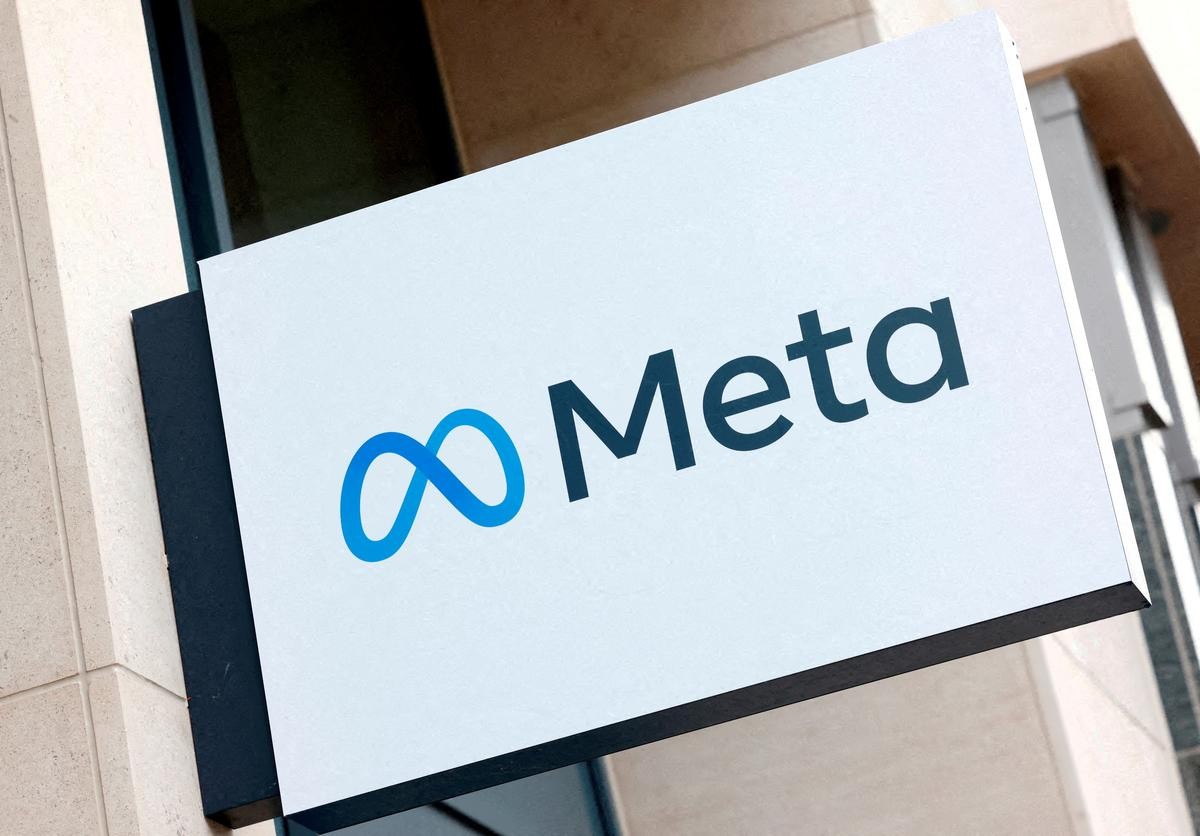
Meta Platforms has called on California Attorney General Rob Bonta to block OpenAI's planned transition from a non-profit to a for-profit entity, raising concerns about potential misuse of charitable assets.
In a letter sent to Bonta's office, Meta argued that OpenAI should not be permitted to repurpose assets built as a charity for private financial gains. The company warned that allowing such a transition could reshape how technology startups operate in Silicon Valley.
The dispute centers around OpenAI's evolution from its non-profit origins to its current commercial success with ChatGPT, which generates billions in annual revenue. CEO Sam Altman has expressed the need to shift away from non-profit status to attract investors and fund the company's ambitious goals.
Meta's letter suggests this move could encourage future startups to launch as non-profits, collect tax-free donations for research and development, then switch to for-profit status once their technology becomes commercially viable.
In an unexpected alliance, Meta expressed support for Elon Musk's legal challenge in this matter, despite their previous public disagreements. Musk, an OpenAI co-founder who has since launched his own AI company xAI, filed a lawsuit against OpenAI in August, claiming the company prioritized profits over public benefit.
OpenAI board chair Bret Taylor responded to these concerns, stating that any restructuring would maintain the non-profit's existence while ensuring it receives full value for its current stake in the for-profit entity.
The stakes are high for OpenAI, as the company must successfully complete its conversion to for-profit status within two years or return billions in raised funds with interest to investors.
Meta's opposition to OpenAI's transition comes as both companies compete in the AI space, with Meta pursuing its own AI assistant development and superintelligence goals.